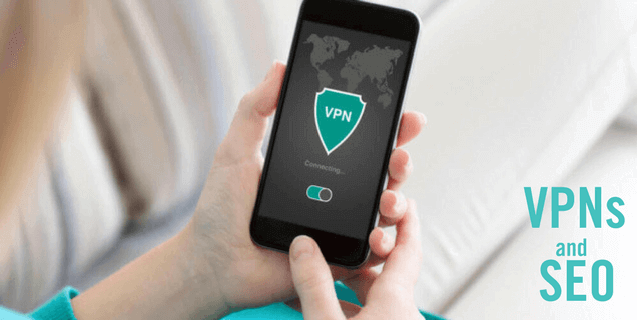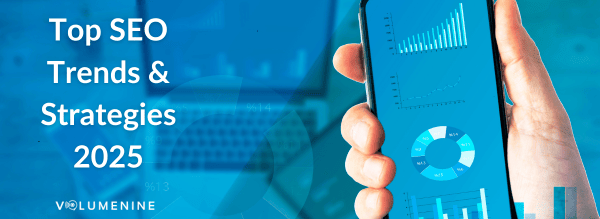
How VPN’s Can Affect SEO
For everyday users, the thought of internet security usually brings up images of guarded underground server farms, nefarious hackers in a basement pounding Funyuns and Code Red, or eccentric shut-ins in foil hats.
But the reality of online security is far less theatrical.
Recent legislative changes to the FCC’s Rules to Protect Broadband Consumer Privacy have dramatically increased search interest around VPNs for users concerned with their online security. This recent shift as a means of digital privacy has some digital marketers on edge.
Source: Google Trends
For those not in the know, a VPN (or Virtual Private Network) is a secure connection that allows a user to access private or confidential data via public networks.
A VPN (or Virtual Private Network) is a secure connection that allows a user to access private or confidential data via public networks.
Up until recently, they have traditionally been used by large corporations, students, and employees working abroad, world travelers, and digital security enthusiasts to protect sensitive data while browsing.
How Can VPN’s Affect SEO?
So how does all this affect SEO’s?
Spoiler alert – the impact may not be as great as you think. However, there are several aspects of your strategy that could become problematic with widespread use of private browsing.
VPN’s Impact on Google Analytics
How big of an impact can large numbers of users browsing via VPN have on analytics tracking? The answer is probably not a whole lot.
Google Analytics data collection is still cookie-based. VPN’s are secure – NOT anonymous and there is a distinct different between the two.
Secure browsing via VPN still uses and stores visitor data via cookies, so it’s still pretty much business as usual. Users still utilize standard browsers such as Chrome, Firefox, Safari, or MS Edge *throws up in mouth* and are taking advantage of an encrypted and private path to get to the data they are looking for. The only variable that can change is the location of the server they are accessing data from (more on this to come shortly) due to VPN’s rerouting of the user IP address.
Anonymous browsing is different (and difficult to achieve.) To help increase your anonymity online, users have to download and use 3rd party software such as TOR, I2P, or Freenet that essentially creates an incremental chain of multiple, fully encrypted connections. Each connection is only able to see the connection directly behind and in front of it.
Sound confusing? It is. Think of it as the telephone game but with a blindfold on and no one is in the same room
As mentioned previously, VPN’s frequently reroute the pathway of data. This means that if the VPN places a user in a different country, the Geolocation reporting in GA would be reporting false data.
This can also become problematic when creating IP filtering, as it increases the number of potential IPs that need to be added to the filter.
VPN’s and Local SEO
Given this insight, VPN’s can impact Local SEO and “Near Me” search accuracy due to how the user’s IP is routed. For instance, if a user is located in New York and their VPN places them in Flagstaff, AZ, any “near me” searches will return results based on the server location in Flagstaff.
At scale, this can become problematic for smaller, local businesses and businesses with multiple brick and mortar locations who rely on local searches and SERP visibility via the Local Pack.
VPN’s and Site Speed
Another issue for VPN users is slower site speeds due to increased encryption efforts and less direct routes for data transfer. Google has not been shy about informing SEO’s that site speed is an important ranking factor. Depending on how a user’s VPN is configured, this increased page load times can lead to higher bounce and exit rates.
What’s the Big Deal?
Contrary to what some may lead you to believe, the big deal about the increased popularity of VPN’s is that, well, it isn’t a big deal.
Even at scale, impact on SEO and analytics tracking will be minimal. While they may impact site speed and geolocation tracking and reporting for some users, they are still the best way to securely browse.








